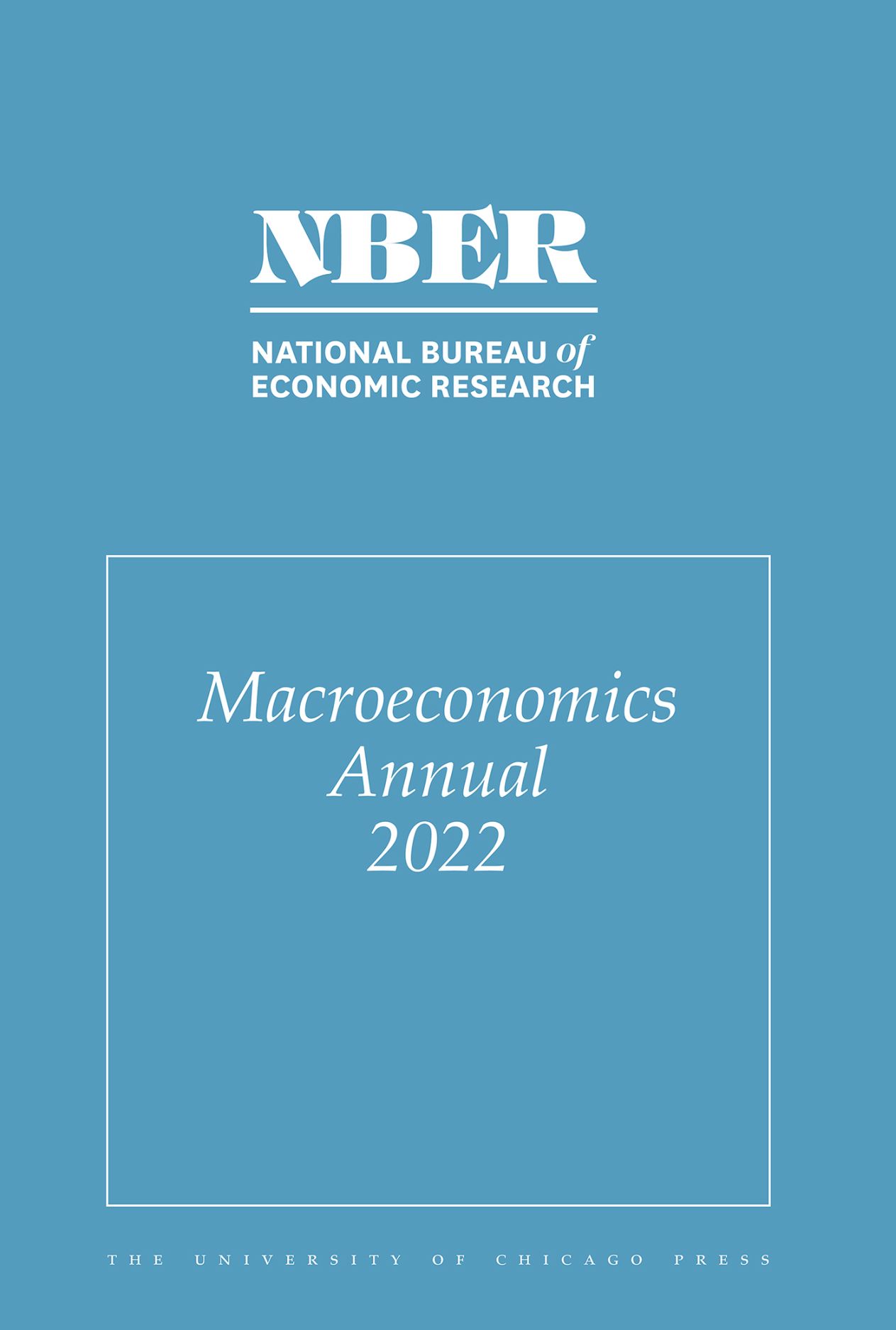Comment
IF 10.7
1区 经济学
Q1 ECONOMICS
引用次数: 0
Abstract
Any well-trained economist is tempted to say that this question is not well posed, or that neither statement is really true, or something like that. But this is meant to be a psychological gauge of one’s predispositions, not an analytic exercise. So humor me and write down your answer. I will get back to it in a minute. Now, back to border taxes. There is no doubt in my mind that the broad issue addressed in this paper is an important one. In Washington policy circles, a common argument is that Europe’s value-added taxes (VATs) are adverse to American trade interests. After all, the European VAT taxes imports and exempts exports. From the mercantilist perspective that (unfortunately) dominates public discussion of trade, what could be worse that a policy that encourages American imports and hurts American exports? Needless to say, Washington policy circles are not dominated by PhD economists steeped in general equilibrium theory and the Lerner symmetry theorem. I recall one conversation I had about this issue with a colleague when I worked in the Bush administration. He was not an economist, but rather an Ivy League-educated lawyer. He was a smart guy with a lot of experience in the policy and politics of international trade negotiations. I told him that economists don’t view value added taxes thatway, that equilibrium exchange rates adjust to ensure that these border taxes do not impede trade. I recall his response: “Yeah, I have had a lot of econ-评论
任何训练有素的经济学家都会说,这个问题提出得不好,或者这两种说法都不是真的,或者诸如此类。但这是一种衡量一个人倾向的心理指标,而不是一种分析练习。所以请幽默我,写下你的答案。我一会儿再谈。现在,回到边境税。毫无疑问,在我看来,本文件所涉及的广泛问题是一个重要问题。在华盛顿的政策圈子里,一个常见的论点是,欧洲的增值税不利于美国的贸易利益。毕竟,欧洲的增值税对进口征税,对出口免税。从重商主义的角度来看,(不幸的是)主导着公众对贸易的讨论,还有什么比鼓励美国进口、损害美国出口的政策更糟糕的呢?不用说,华盛顿的政策圈并不是由精通一般均衡理论和勒纳对称定理的博士经济学家主导的。我记得我在布什政府工作时与一位同事就这个问题进行的一次对话。他不是经济学家,而是常春藤盟校毕业的律师。他是一个聪明的人,在国际贸易谈判的政策和政治方面有着丰富的经验。我告诉他,经济学家不会那样看待增值税,均衡汇率会进行调整,以确保这些边境税不会阻碍贸易。我记得他的回答:“是的,我有很多经济-
本文章由计算机程序翻译,如有差异,请以英文原文为准。
求助全文
约1分钟内获得全文
求助全文
来源期刊

Nber Macroeconomics Annual
ECONOMICS-
CiteScore
5.10
自引率
0.00%
发文量
23
期刊介绍:
The Nber Macroeconomics Annual provides a forum for important debates in contemporary macroeconomics and major developments in the theory of macroeconomic analysis and policy that include leading economists from a variety of fields.
 求助内容:
求助内容: 应助结果提醒方式:
应助结果提醒方式:


